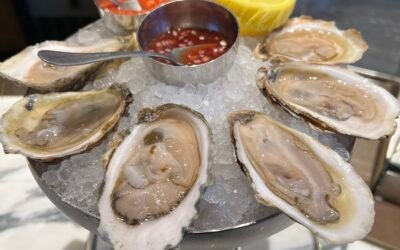Rye and spelt are two grains I enjoy using in baking bread, though they lack the gluten strength that builds the structure of wheat doughs. But then they make up for it in flavor and texture. Though we'd like to believe the could substitute for gluten-free diets, and they enjoy a new popularity in baking, in actuality they are not gluten free, even if they contain lesser amounts than wheat. Rye contains higher amounts of gliadin but it is lower in glutenin. And spelt has a higher amount of protein, which contains gluten, so it's no magic bullet to battle the anti-gluten fight.
Today, wheat, itself, is grown to create bumper harvests, a process which can deplete the ancient diversity of the heritage grains, as described here. That said, a baker told me the same is true even for spelt, which is a hybridized distant relative of wheat. It's the cause of much discussion these days in the bread community, because of marketing and mislabeling. I'm happy to know that there are dedicated artisans, bakers/millers today who strive to slow down and return to age old methods, from farm to our table. All to say, as more of us look to make our own bread, there are a myriad of issues to navigate or just ponder. Grist for the mill as we bake.







Jeremy, I always enjoy your posts. Thoughtful, entertaining. Thanks!